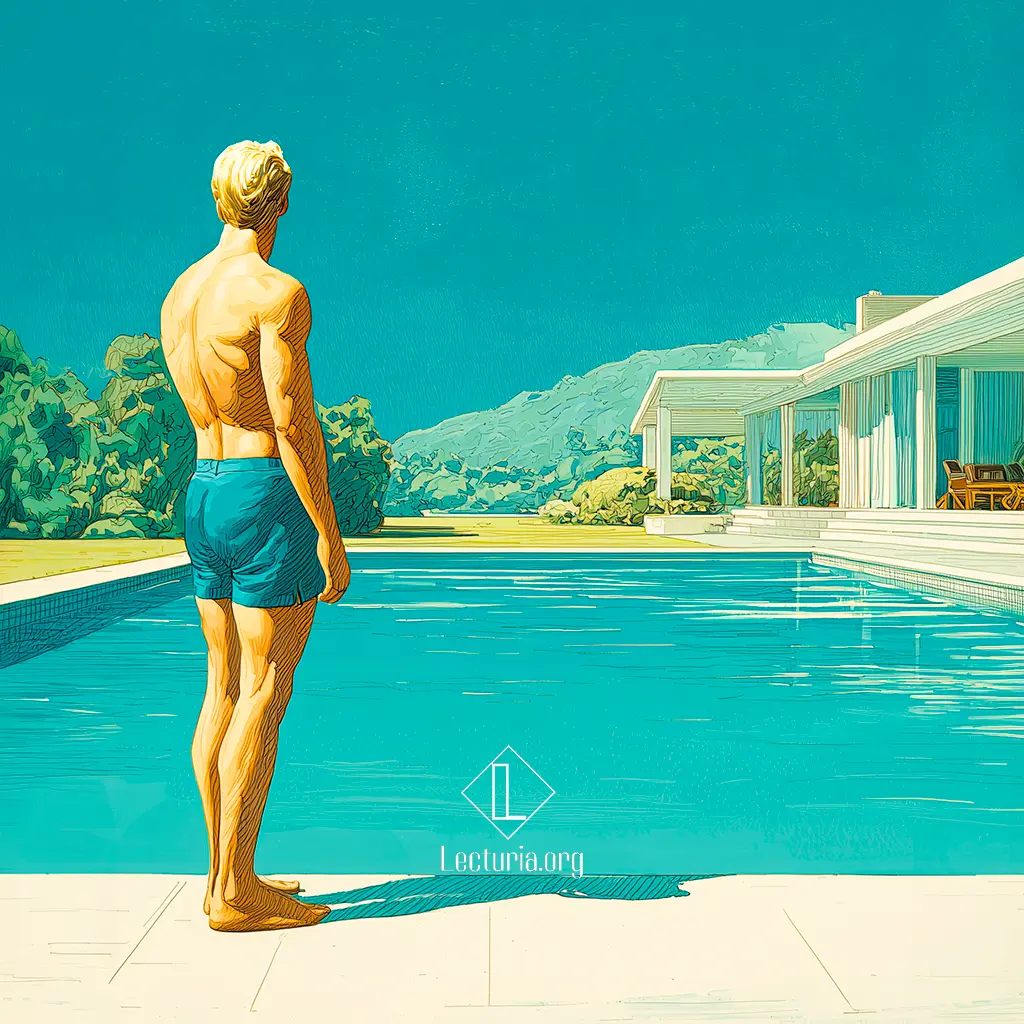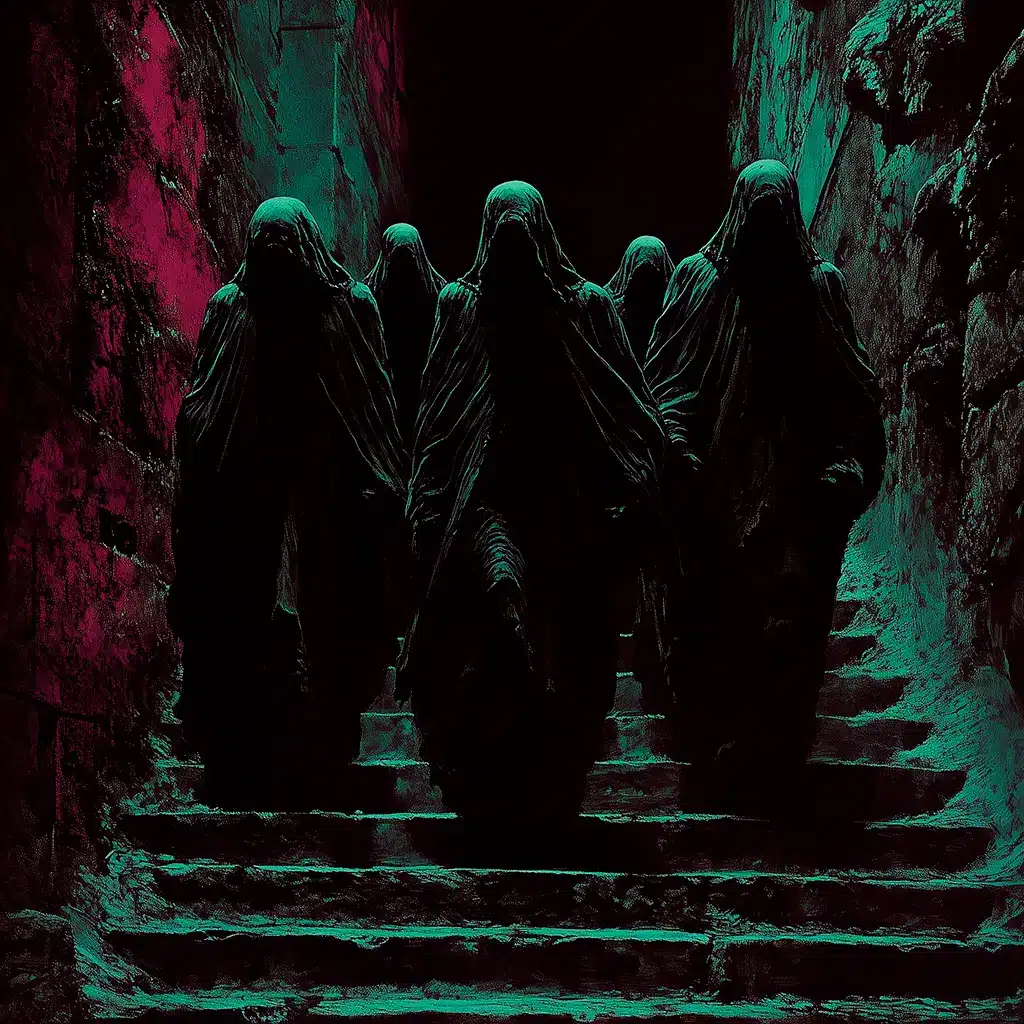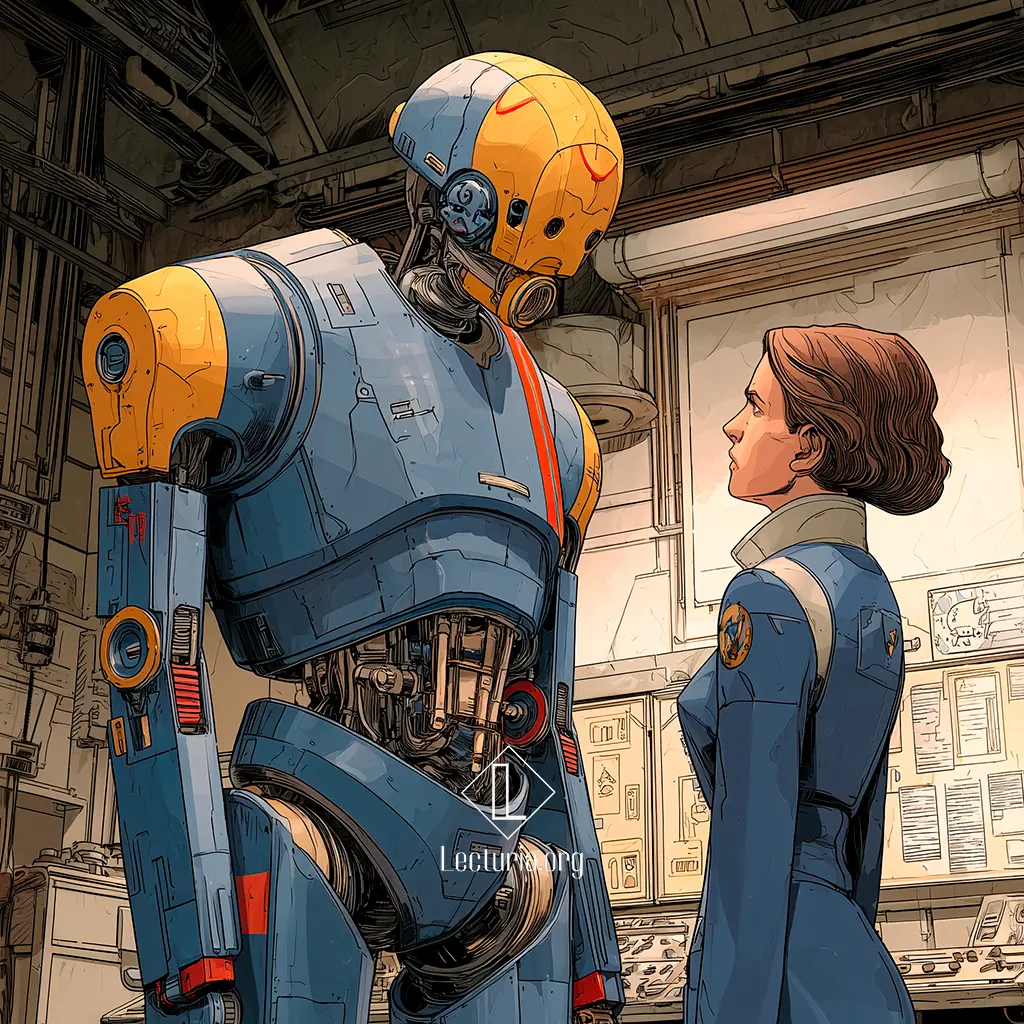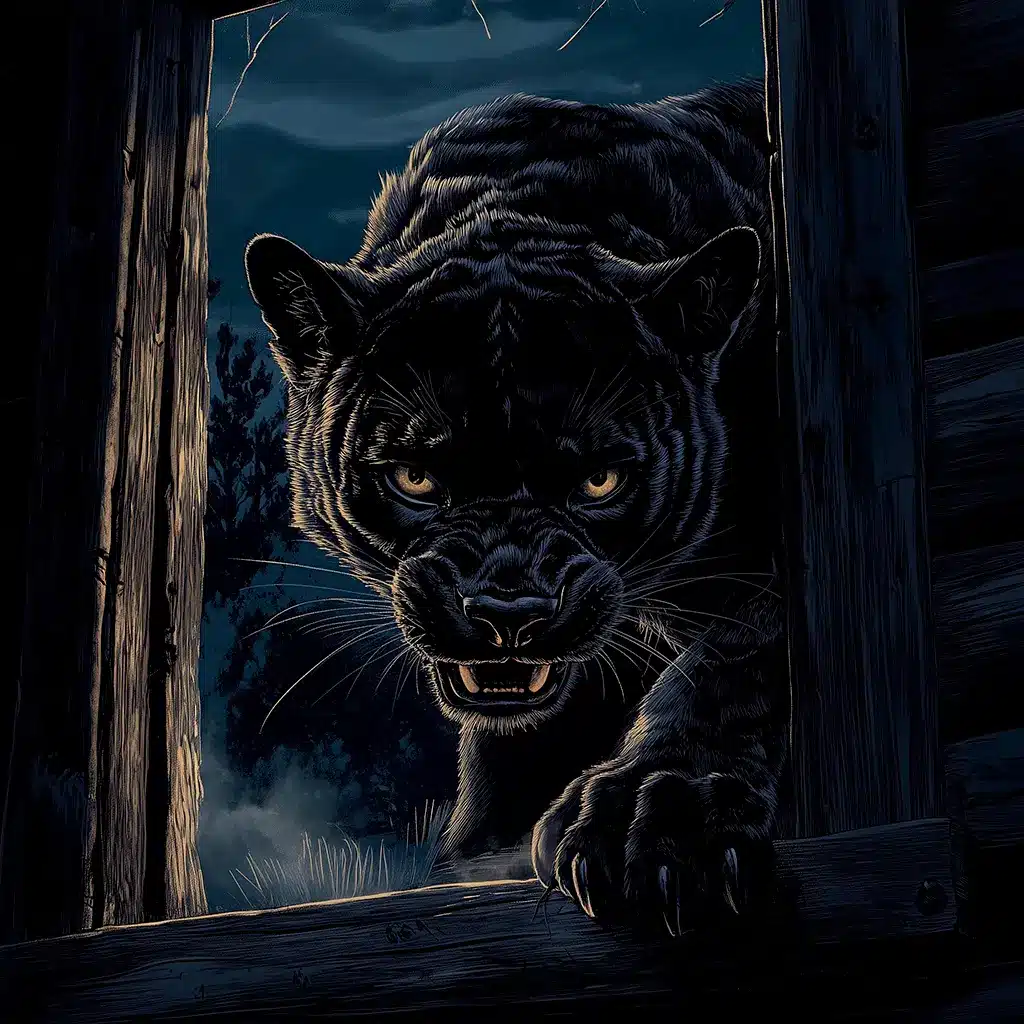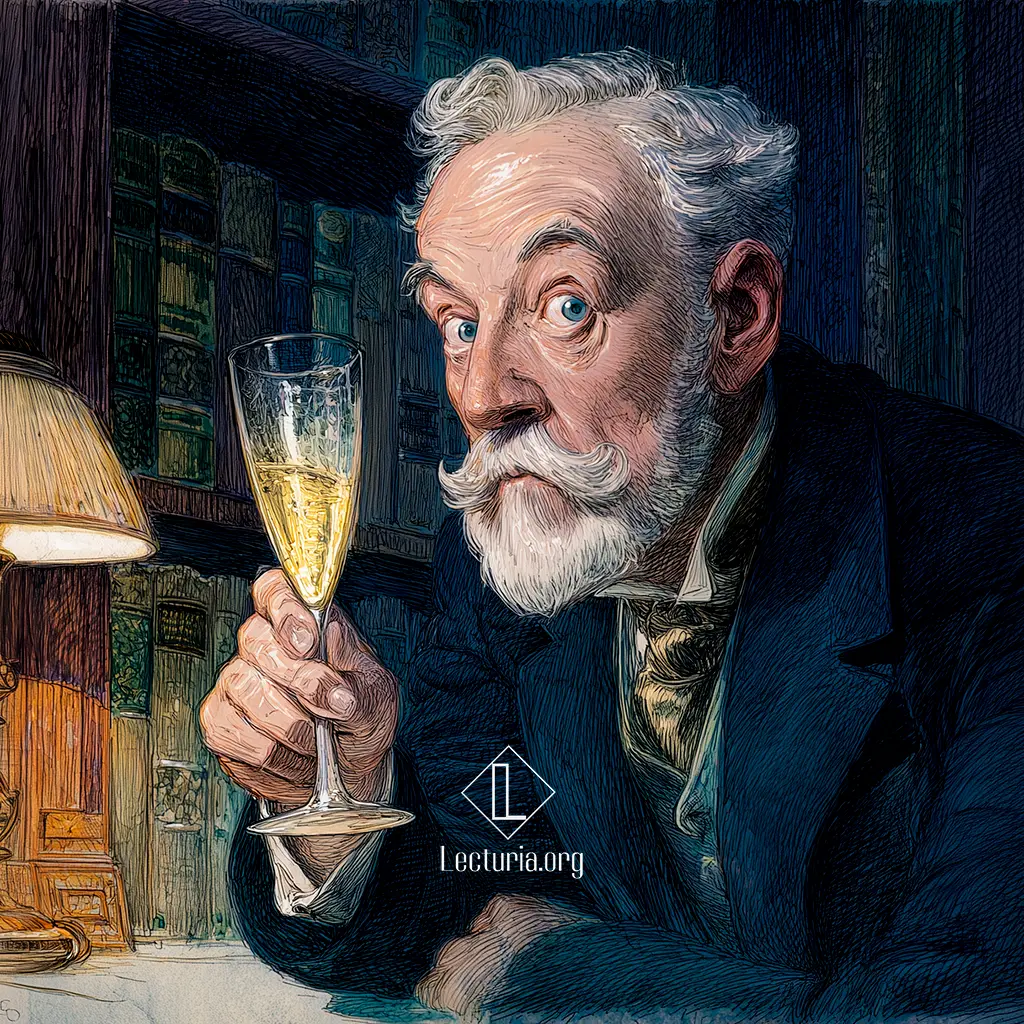John Cheever: The Swimmer
“The Swimmer” is a short story by John Cheever, published on July 18, 1964, in The New Yorker and included later that year in the collection The Brigadier and the Golf Widow. On a hot summer Sunday, Neddy Merrill spends the afternoon at a friend’s house when he comes up with a peculiar idea: since many houses in the county have swimming pools that are relatively connected, it should be possible to return home by swimming through them. However, what begins as a playful and unusual experience soon turns into something far more unsettling.
